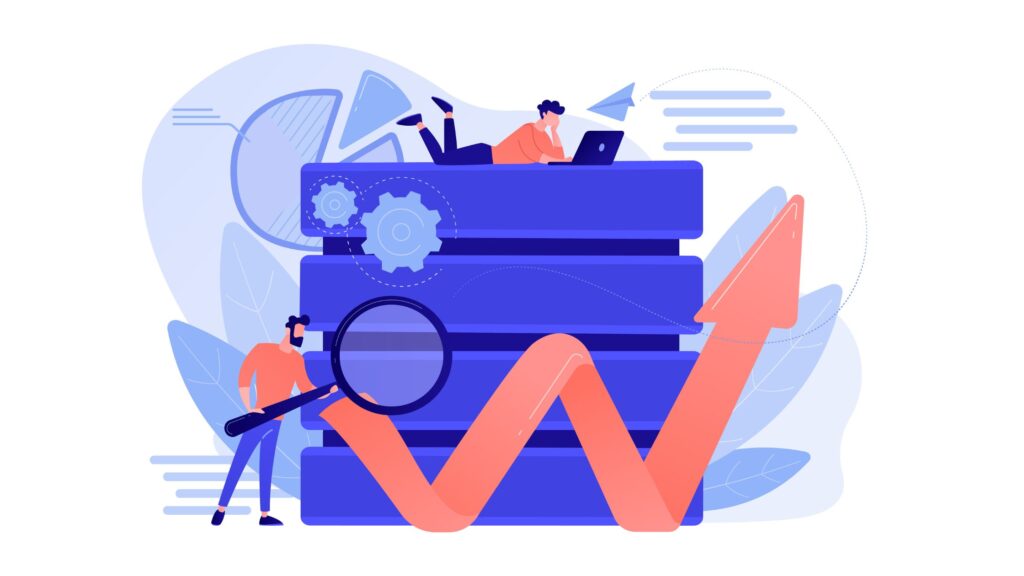
A Product Manager is incharge of developing a product from start to end, in this process the product manager faces many unpredictable challenges. Product managers have the responsibility to develop a market viable product without any loss faced by the company. This is not the only challenge a product manager faces, in today’s time they have to face a swift marketplace and match raiply changing trends of customers requirements.In this blog we will talk about the most common challenges faced by Product managers.
Few of the challenges faced by Product managers are:

Any product to succeed needs to have a strong foundation to build on. Foundations in product development are customer feedback, and market research. These key inputs help product managers to build and prioritize product roadmap. Most product managers begin roadmap planning without customer feedback or market research. Without actual market research and feedback the roadmap will go through many changes during the process of development and would not result well. Product managers should gather as much information as possible related to the product, get real feedback from customers and do deep market research, before preparing a roadmap. For more information on roadmap visit article Product Management.
EFFORTLESS PROCESS ACROSS TEAMS
What is engineering dependencies – it is the order in which teams have to execute the product. For example: After Team 1 has completed their deliverables in the given time, then Team 2 can start their work to complete their deliverables in the given time. If Team 1 fails to complete on time and extends the time allotted, it will affect Team 2. This mostly occurs with the design team and engineering teams. This challenge can be dealt with in two ways – the first way is product managers can initiate meetings with all teams depending on the process order, and review the progress of the product. All teams will be aware of the issues faced by the team and will cooperate with each other. Meanwhile, the product manager can start working with a team which is not dependent on the order process, like an independent team which can deliver their work items for the product. The second way is that the product manager should hear the problems faced by Team 1, and communicate it effectively and diplomatically to Team 2, to avoid any conflict between the two teams and cooperate with each other.

ENGINEERING DEPENDENCIES
What is engineering dependencies – it is the order in which teams have to execute the product. For example: After Team 1 has completed their deliverables in the given time, then Team 2 can start their work to complete their deliverables in the given time. If Team 1 fails to complete on time and extends the time allotted, it will affect Team 2. This mostly occurs with the design team and engineering teams. This challenge can be dealt with in two ways – the first way is product managers can initiate meetings with all teams depending on the process order, and review the progress of the product. All teams will be aware of the issues faced by the team and will cooperate with each other. Meanwhile, the product manager can start working with a team which is not dependent on the order process, like an independent team which can deliver their work items for the product. The second way is that the product manager should hear the problems faced by Team 1, and communicate it effectively and diplomatically to Team 2, to avoid any conflict between the two teams and cooperate with each other.
CUTTHROAT MARKET
Market placement is important for any product, and planning it efficiently is an important challenge for product managers. Every product in the market is trying to be well-known and unique, this makes the product market place vulnerable and difficult. For this challenge, your Foundation from the roadmap comes into play. If the product is built with customer feedback and market research, it is more likely to perform well in the market. The higher customer satisfaction is achieved by the product the higher it is going to perform in the market and build a long term relationship with customers.





